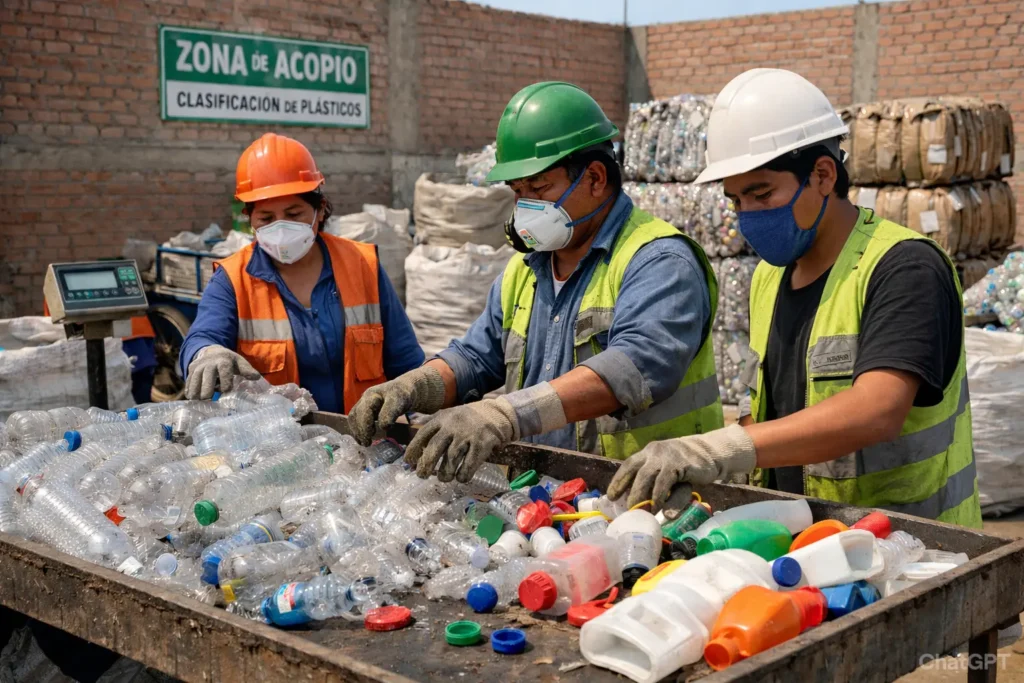Would you prefer to listen to it? Play the audio here
Pia Zevallos - Libélula General Manager
Recent changes in U.S. climate-related policy are forcing us to reconsider our role in the environmental crisis we face. The financial and organizational consequences of these measures will wreak havoc in the short term, but valuable opportunities also arise in the midst of these challenges. Today, organizations in the global climate community are asking difficult questions such as: What relevance do our actions have now, when climate impacts are increasingly severe and affecting every sector? How can we continue under the accelerating degradation of the ecosystems that not only sustain the planet, but our very economic foundations? And, most importantly, how can we join forces and align concrete action that impacts business, solves real problems and hope, and inspires a business sector willing to embrace change, even in the face of great uncertainty?
In the midst of this crisis, we discover that there is still hope, if we align ourselves under certain common priorities. Three needs recur consistently. First, businesses need a message of hope based on concrete climate action. It is no longer enough to talk about global solutions; tangible economic, social and environmental results must be generated at the local and regional levels. Second, we need to optimize our organizations, projects and initiatives, and orient them towards achieving measurable results and impacts in less time. Third, action in sustainability must be led by high-performance multidisciplinary teams, capable of working together and creating alliances that are essential to overcome the challenges.
At the same time, common misconceptions that hold back entrepreneurial action need to be overturned. The first is to associate attention to this real and scientifically proven crisis with a political agenda. The second is to think that gradual, state-driven improvement will generate real change; sustainability integration must be part of the market for tangible and lasting effects. This is highlighted by the University of Cambridge, emphasizing that companies should not wait for governments. And finally, the myth that sustainability would not require sacrifices: every transition has its cost, but postponing it will only increase it.
The future of sustainability is not just about corporate reputation. It has become a vital aspect of business survival in an increasingly challenging global environment. The year 2025 must be the year when organizations transform themselves on their own momentum, before being forced to comply by regulations. It is time to move from myth to action and redefine the way we operate, driving business resilience and competitiveness through a genuine commitment to change.
Published in the newspaper Management.




